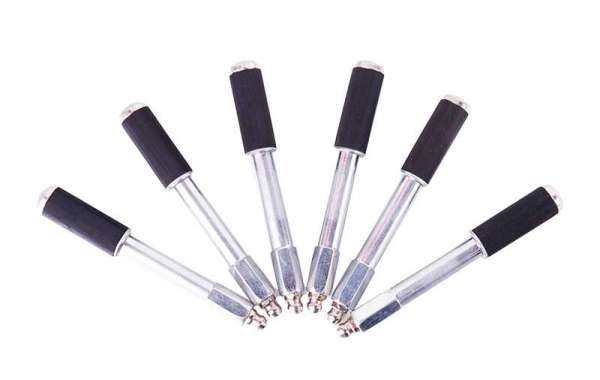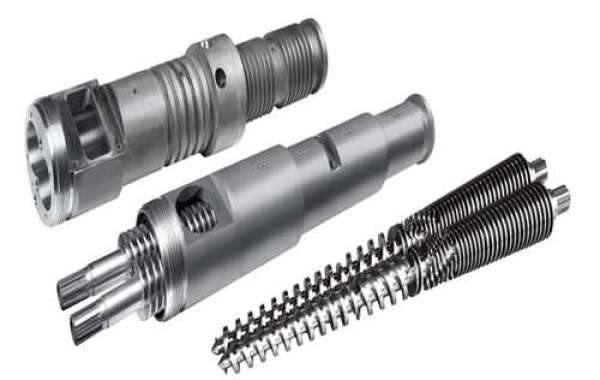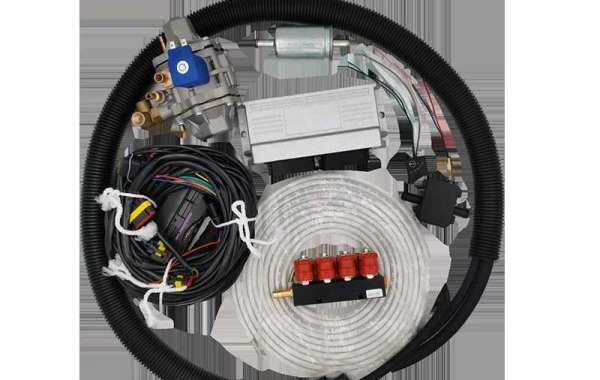Epoxy (EP) and Polyurethane (PU) flooring are mostly used for industrial flooring around the world.
Epoxy floor systems are commonly used in heavy-duty industries, warehouses, logistics and heavy-duty general manufacturing. Whenever there are operations that involve heavy vehicle movements, for instance, forklifts, Epoxy floor coatings are considered.
In general Epoxy floor coating are tougher. They have higher durability and higher compressive strength as compared to polyurethane Waterproof Resin Coating flooring.
Polyurethane floor coatings, on the other hand, are typically “softer”. They are more flexible and therefore more scratch resistant. PU flooring can also absorb impact much better than epoxy flooring.
Due to the fact that the PU flooring is more flexible, they are a good choice for substrates that are more flexible or cause vibrations, such as multi-storey carparks. The flexibility of PU coating can also act as a waterproofing layer in order to prevent concrete (substrate) cracks to move through the coating and appear on the top surface.
When it comes to chemical exposure, Polyurethane flooring is the better option especially in the food industries like dairy, milk and beverage production where the floor is exposed to lactic acids and other fruit acids. However, if the floor is exposed to battery acids (sulfuric acids), Epoxy flooring will be a better choice.
An important note on chemical exposure is that it can change the colour of the coating. Any chemical leakage or exposure on the floor need to be removed as soon as possible to avoid penetration and damage which could result in danger to the environment. The right flooring system can be recommended by understanding the kind of chemicals used in the facility beforehand.
Pu flooring materials are much more sensitive to moisture presence. Any condensation, floor moisture or extreme high humidity during the application of a PU flooring material can cause heavy damage in terms of bubbles, blisters, pinholes and wrinkles on the top surface as well as debonding issues from the concrete substrate.
Epoxy flooring materials are also sensitive to moisture but not as much compared to PU flooring materials.
Pu flooring materials are usually faster curing than epoxy flooring materials. If a project need to be handed over in a short amount of time, PU flooring could be a consideration. However, applying PU flooring materials require experienced applicators due to its faster pot life. PU flooring material is slightly more expensive in general.
There are many industrial flooring products in the market. It is important to understand that price is not always the only factor, more so about considering the right kind of material for the facility and/or intended purpose.
Clinical significance: Indirect composite restorations may require a Polyurethane Waterproof Coating to improve the bonding performance of the resin cement to dentin. However, adhesive systems with direct composite restorations still provide superior bond strengths compared with indirect restorations.








